Urban Loop Studio
Services
Your Vision, Designed to Perfection
At Urban Loop Studio, we believe your home should reflect your unique story and aspirations. Our designs are crafted to create spaces that calm the mind, energize the soul, and nurture mental well-being. That’s why we offer a full range of services to meet you at every step of your journey—whether you’re starting fresh with new construction, transforming an existing home, or exploring curated resources to bring your dream to life. From concept to completion, our expertise ensures your vision becomes a breathtaking reality.

Design Discovery
Every great journey starts with discovery. Our Design Discovery service uncovers the essence of who you are, translating your aspirations into a cohesive design vision. By deeply understanding your lifestyle, we create spaces that bring clarity, serenity, and a sense of purpose to your daily life. This is your chance to explore the possibilities and set the stage for a home that truly feels like you."
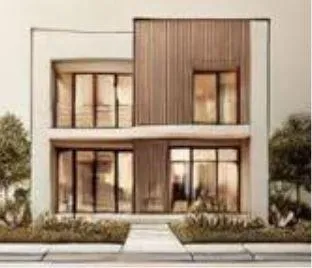
Build Your Dream Home
Building a new home is more than a construction project—it’s the foundation for your most cherished memories. With thoughtful planning and precise execution, we ensure your space is as functional as it is breathtaking. Our designs are rooted in wellness principles, creating environments that energize and inspire, so your home becomes your ultimate sanctuary.
Only 10 luxury projects accepted per year.

Interior Design
Transform your interiors into a personal retreat that nurtures your mind, body, and soul. From selecting calming color palettes to crafting layouts that enhance flow and function, we design spaces that reflect your unique personality and bring balance to your life. Whether it’s a cozy reading nook or an inspiring gathering space, your interiors will promote peace, joy, and connection.
Limited slots available for 2025

Transform Your Existing Home
Give new life to the home you love. Our transformation services honor your home’s history while updating it for modern living. Whether it’s opening up spaces for better flow or creating a rejuvenating retreat, we’ll help you craft a home that enhances your well-being and aligns with your current lifestyle.
Claim your spot!

Furniture, Décor, and Art
Personalize your home with pieces that tell your story. From bespoke furniture to curated art, every detail is thoughtfully selected to evoke joy and inspiration. These finishing touches create harmony, turning your space into a reflection of your truest self while fostering relaxation and connection.
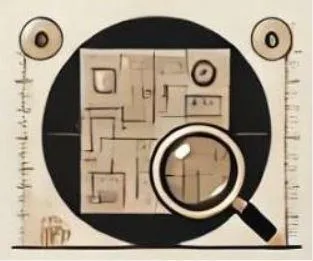
Specialty Services
From biophilic interiors to cutting-edge virtual reality walkthroughs, our specialty services are designed to take your project beyond the ordinary and into the extraordinary. Our specialty services are designed to not only elevate aesthetics but also to enhance your overall well-being through thoughtful, wellness-focused design solutions.

Shop
Curate your perfect space with our handpicked products, from stunning fixtures to essential tools for organization. Explore educational resources, exclusive merchandise, and our Amazon recommendations, all designed to help you elevate your home and live beautifully.




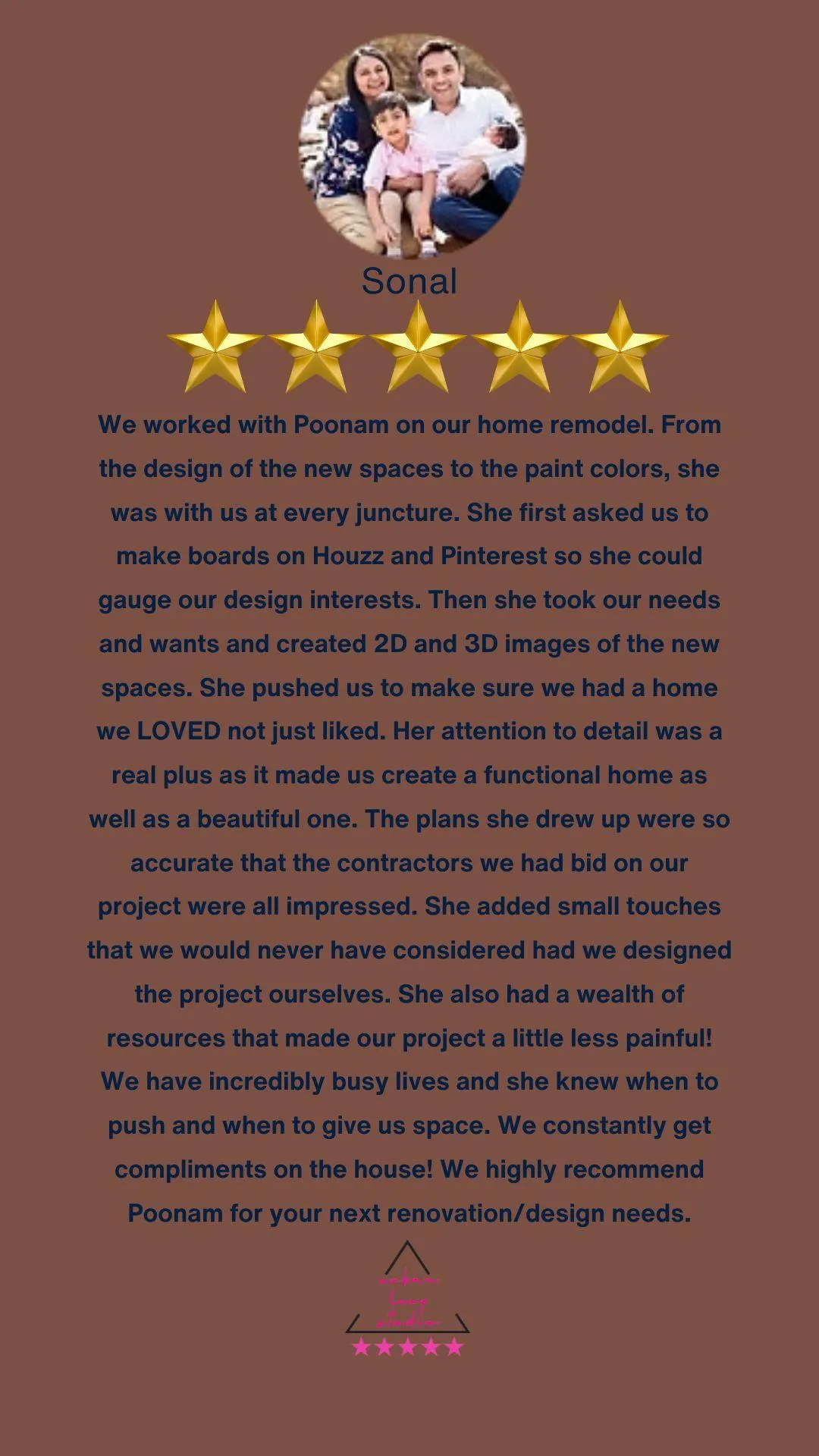

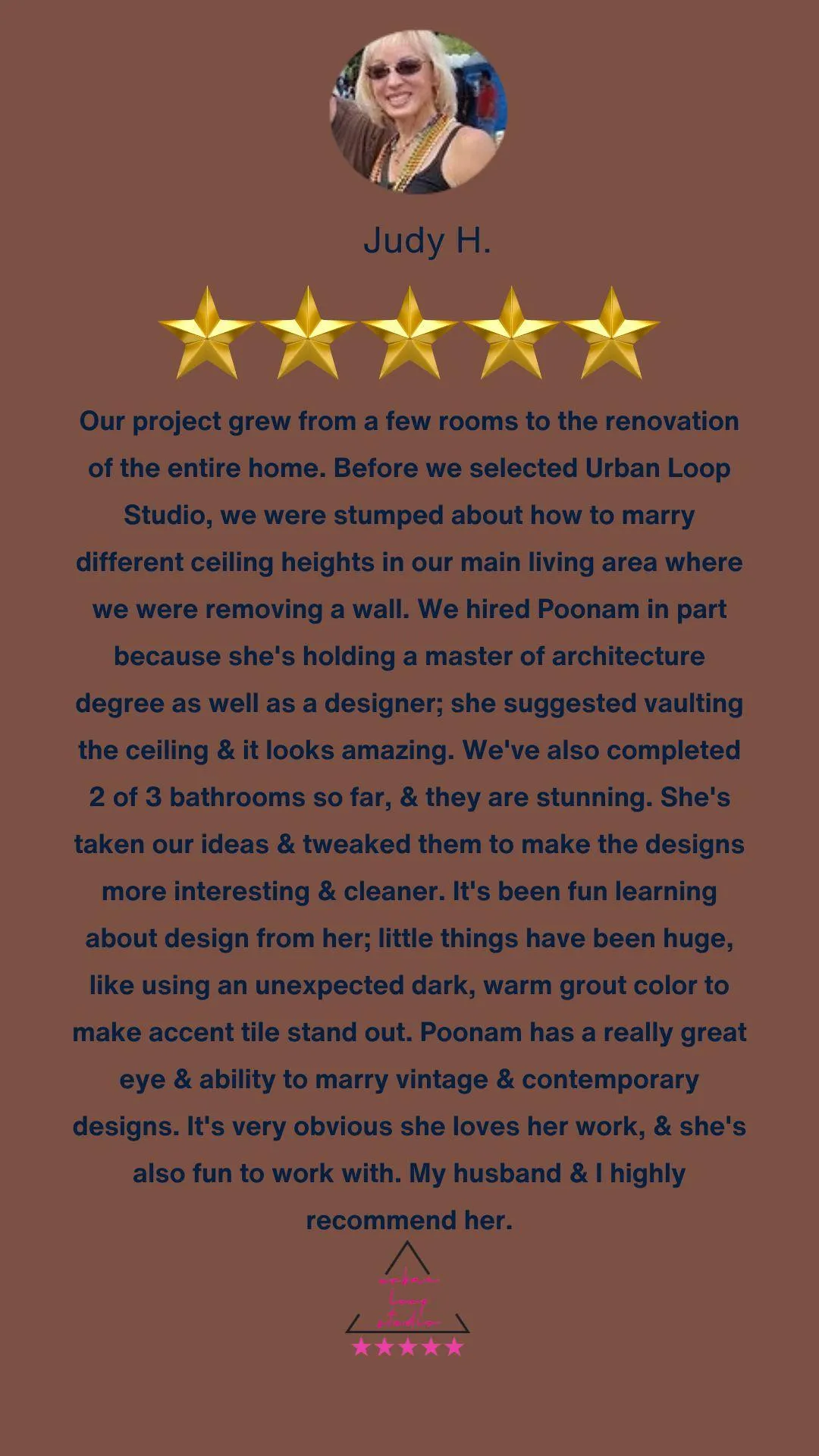

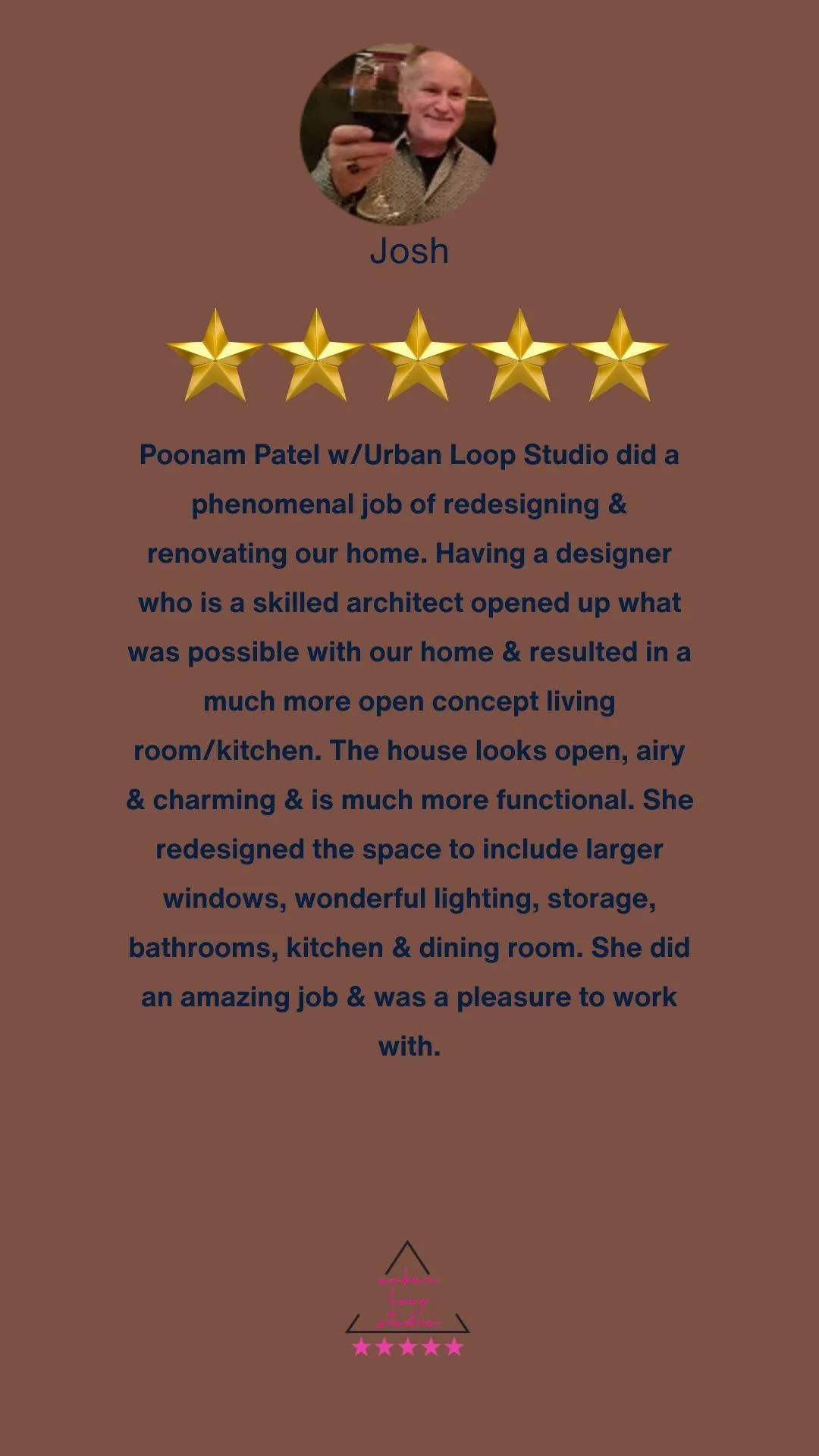











Inspired by these stories? Let’s create yours next.
Why It's Worth the Investment
At Urban Loop Studio, we understand that designing your home is a significant investment.
Here’s why it’s worth every dollar:
Unmatched Value: Our designs don’t just look incredible—they increase the functionality, resale value, and livability of your home.
Seamless Process: With a tech-driven, multitasking approach, we deliver faster results with fewer headaches, saving you time and money.
Lasting ROI: A well-designed home isn’t just an expense—it’s an investment in your quality of life, well-being, and property value.
Our designs are not just about aesthetics; they’re a long-term investment in your well-being and the value of your home.
Not sure where to start?
We specialize in guiding you through the creative process, turning your vision into a reality that meets your expectations.
Book A Complimentary Consultation Today!

©Urban Loop Studio 2026
All Rights Reserved.
No part of this website, including text, images, designs, or other content, may be reproduced, distributed, or
used in any manner without prior written consent from Urban Loop Studio, LLC.